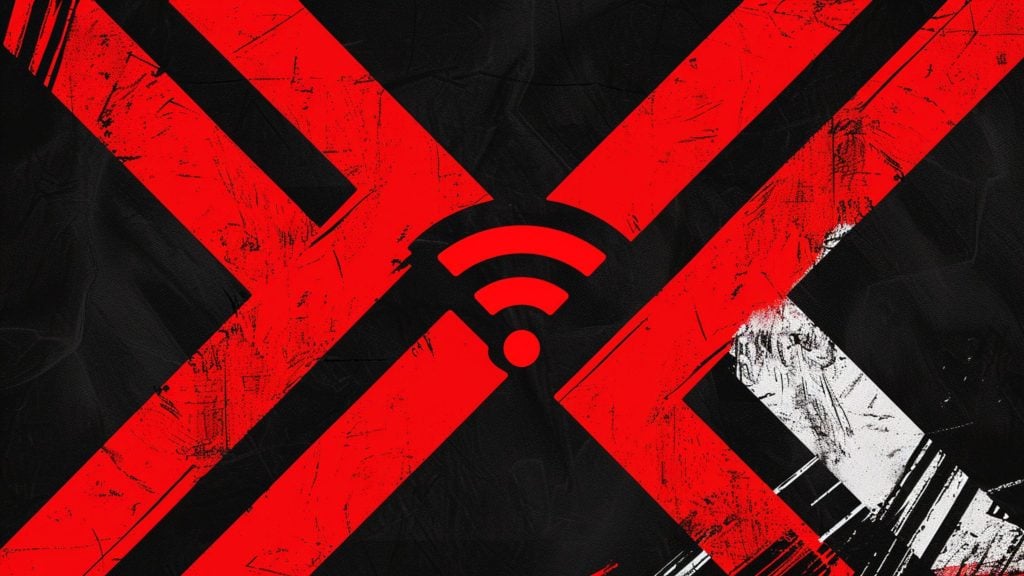Facebook, which is coming under criticism as the platform that helped those who participated in the Capitol Hill events last week organize, is looking to pin the blame on much smaller, alternative social media competitors.
This criticism of Facebook, once again, boils down to accusations that it doesn’t censor content enough or quickly enough, while the giant is defending itself by arguing that it does – and that most of those who organized their trip to Washington online didn’t even do it there.
According to Facebook’s chief operating officer, Sheryl Sandberg, the huge platform with some 2.5 billion users was not the main place where most people organize to do anything would go – instead, she suggested that this time it took place on the likes of Parler and Gab.
In doing so, Sandberg also boasted about Facebook’s ability to censor content, saying that the protest was “largely” organized on platforms that don’t enforce similar rules.
Speaking for Reuters, she said Facebook can “stop hate” and has “standards and transparency,” and also mentioned some of the content that has lately been removed, like that posted by pro-Trump groups questioning the legitimacy of the US election process, and QAnon supporters.
Click here to display content from YouTube.
Learn more in YouTube’s privacy policy.
In other words, she says only Facebook can moderate content effectively – therefore cementing its social media monopoly.
However, this was not enough to appease critics, who say Facebook should have stopped protesters from posting there and on Instagram.
Now those scrutinizing Facebook for this – namely, a group called Coalition for a Safer Web – and going through the platform’s content to prove that it has its share of blame for the Capitol Hill unrest, say that 100,000 people used #StopTheSteal and #FightForTrump hashtags.
And they are not happy with Sandberg playing down the role of Facebook as the place where people organize for protests. Due to the number of users and the reach it has, people around the world often use this social network for that purpose, but the events singled out by the Washington Post as proof of Facebook’s inefficiency at censoring are pro-Trump, anti-lockdown and right-wing ones.
Under this fresh round of pressure to suppress even more content, Facebook felt the need to issue a statement denying that Sandberg was trying to “deflect blame.”













